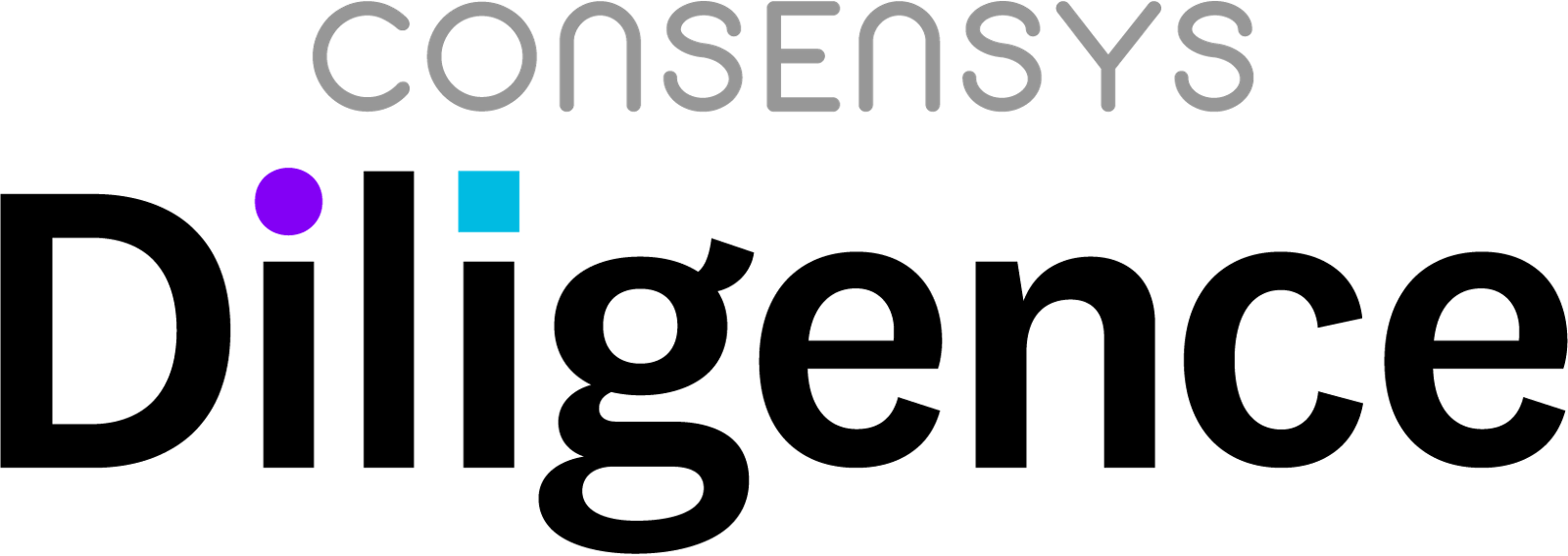Surya is an utility tool for smart contract systems. It provides a number of visual outputs and information about the contracts' structure. Also supports querying the function call graph in multiple ways to aid in the manual inspection of contracts.
Currently only supports Solidity but we hope to extend the tool to encompass other languages.
The name stems from the sun deity Surya
Why the sun, you ask? Because "sun" in latin and portuguese is Sol.
Install it via NPM:
npm install -g suryaNOTE: In order to view the graph output, you need to have graphviz installed, so that you can run the dot command.
Currently, however, the easiest way to use Surya in your project might be through VSCode's Solidity Auditor extension created by @tintinweb
Surya takes in a --no-color flag with any command that disables the colors in the output making it effectively plain text.
All the commands that take in an array of files also take in a flag (-i/--import) that resolves file imports automatically.
Please be aware that in the case you use Truffle's "node_modules" remapping import statements, Surya searches up the project directory recursively until it finds a contracts directory in the Truffle project up until the directory you ran the command in.
This is so that we try to prevent any kind of path traversal vulnerabilities that could come from exposing Surya as a service.
All the commands that take in an array of files also take in a flag (-c/--content) that allows you to pass the actual source code contents as an argument instead of a file path (mostly useful when Surya is being used as another package's dependency).
The -i and -c flags are mutually exclusive.
The graph command outputs a DOT-formatted graph of the control flow.
surya graph contracts/**/*.sol | dot -Tpng > MyContract.pngThere is new flag (-s/--simple) that amkes the command chart only the contract call graph, instead of the function call graph. It's super useful for higher-level analyses!
Accepted flags
-i/--import- Resolve all imports automatically by fetching the right files.-c/--content- Allow passing in file contents as arguments instead of file paths.-s/--simple- Only show calls between contracts, without specifying the functions.-m/--modifiers- Enable printing edges from functions to modifiers (when the latter are invoked in the function definitions).-l/--libraries- Disable printing edges from functions to libraries when the "Using ... for" syntax is in use (to prevent libraries like SafeMath from polluting the call graph).
The ftrace command outputs a treefied function call trace stemming from the defined "CONTRACT::FUNCTION" and traversing "all|internal|external" types of calls.
External calls are marked in orange and internal calls are uncolored.
surya ftrace APMRegistry::_newRepo all MyContract.solAccepted flags
-i/--import- Resolve all imports automatically by fetching the right files.-c/--content- Allow passing in file contents as arguments instead of file paths.-j/--json- Return a JSON object instead of a treefied function call trace (mostly useful when Surya is being used as another package's dependency).
The flatten command outputs a flattened version of the source code, with all import statements replaced by the corresponding source code. Import statements that reference a file that has already been imported, will simply be commented out.
surya flatten MyContract.solThe describe command shows a summary of the contracts and methods in the files provided.
surya describe *.solFunctions will be listed as:
[Pub]public[Ext]external[Prv]private[Int]internal
A yellow ($)denotes a function is payable.
A red # indicates that it's able to modify state.
Accepted flags
-i/--import- Resolve all imports automatically by fetching the right files.-c/--content- Allow passing in file contents as arguments instead of file paths.
The inheritance command outputs a DOT-formatted graph of the inheritance tree. For Windows machines, the > should be replaced with -o.
surya inheritance MyContract.sol | dot -Tpng > MyContract.pngAccepted flags
-i/--import- Resolve all imports automatically by fetching the right files.-c/--content- Allow passing in file contents as arguments instead of file paths.
The dependencies command outputs the c3-linearization of a given contract's inheritance graph. Contracts will be listed starting with most-derived, ie. if the same function is defined in more than one contract, the solidity compiler will use the definition in whichever contract is listed first.
surya dependencies Exchange Exchange.solAccepted flags
-i/--import- Resolve all imports automatically by fetching the right files.-c/--content- Allow passing in file contents as arguments instead of file paths.
The parse command outputs a treefied AST object coming from the parser.
Accepted flags
-j/--json- Return a JSON object instead of a treefied object.
surya parse MyContract.solThe mdreport command creates a Markdown description report with tables comprising information about the system's files, contracts and their functions. Much like describe but outputting to a nicely formatted Markdown file.
surya mdreport report_outfile.md MyContract.solGPL-3.0
Created by @federicobond extended by @GNSPS













